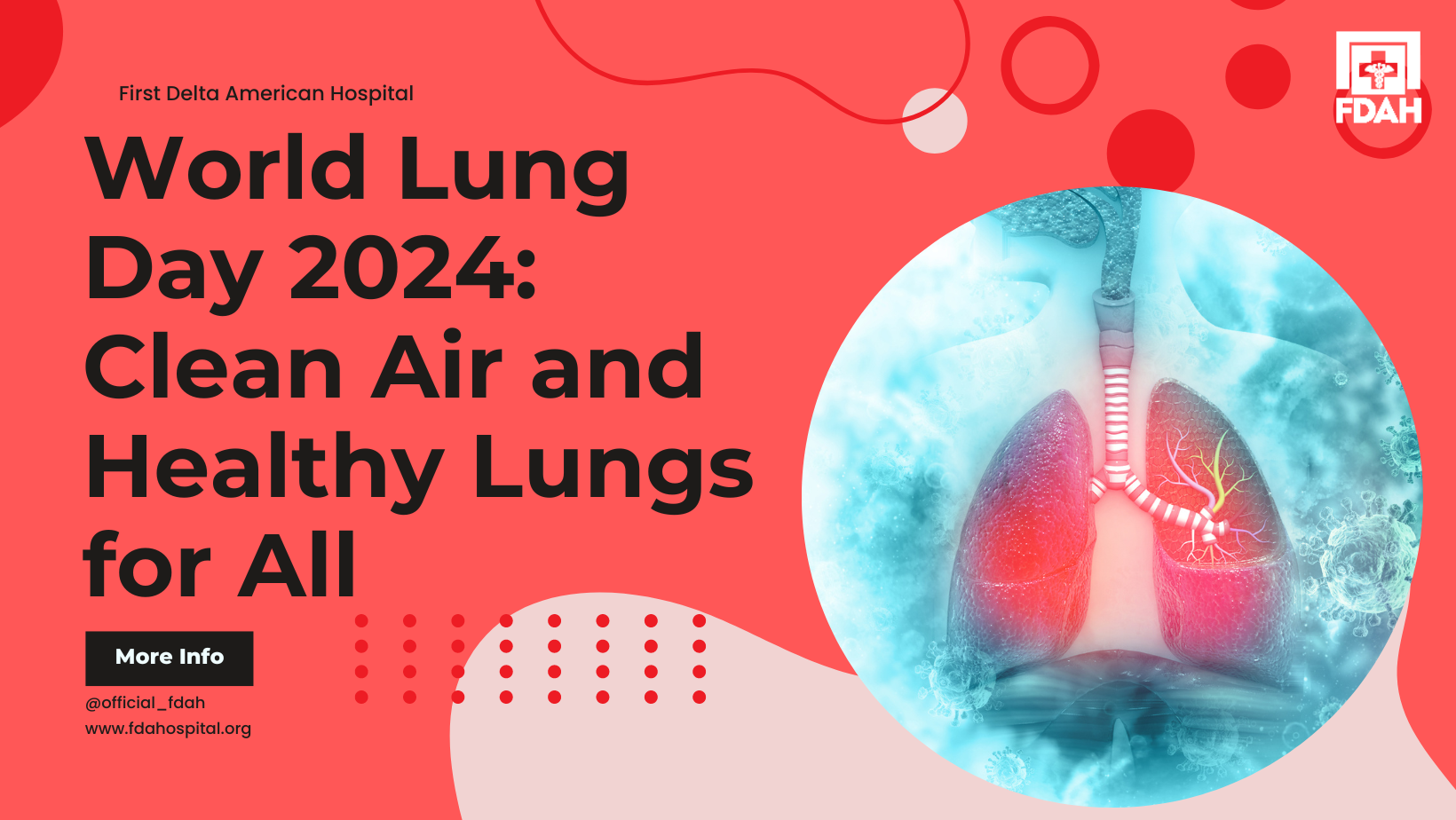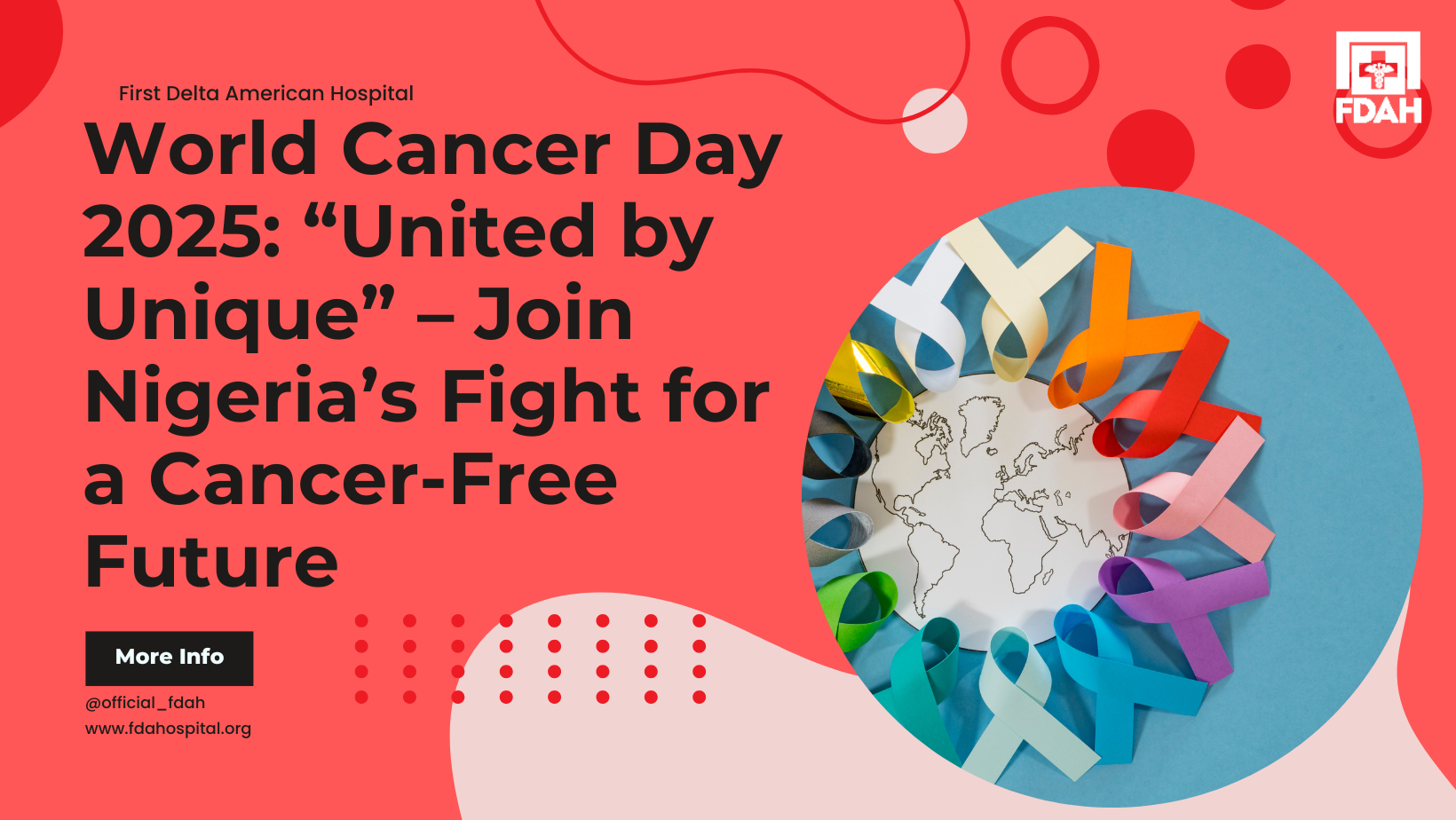Welcome to an in-depth exploration of kidney health as we commemorate World Kidney Day. In this article, we delve into the importance of equitable access to care and the significance of optimal medication practices in promoting kidney health for all individuals, regardless of socioeconomic status or geographic location.
Understanding the Kidneys
Situated in the lumbar region, the kidneys are vital organs responsible for filtering waste products, regulating fluid balance, and maintaining electrolyte levels in the body. Their role in overall health cannot be overstated, as they contribute to blood pressure regulation, red blood cell production, and bone health.
Access to quality healthcare services is essential for preventing and managing kidney disease. Unfortunately, disparities in access to care persist, particularly among underserved populations. Addressing these disparities requires a multifaceted approach, including improving healthcare infrastructure, increasing healthcare workforce capacity, and implementing policies to ensure equitable distribution of resources.
Medications play a crucial role in the management of kidney disease and related conditions. However, inappropriate medication use can exacerbate kidney damage and lead to adverse outcomes. Optimal medication practices involve careful consideration of drug dosing, monitoring for potential side effects, and adherence to treatment guidelines tailored to individual patient needs.
Several challenges hinder efforts to advance equitable access to care and optimal medication practices in kidney health. These include financial barriers, lack of healthcare infrastructure, and limited access to essential medications. To overcome these challenges, stakeholders must collaborate to implement innovative solutions, such as telemedicine initiatives, community health outreach programs, and public-private partnerships.
Promoting Kidney Health
Promoting kidney health requires a comprehensive approach that addresses both preventive and therapeutic aspects of care. This includes promoting healthy lifestyle behaviors, such as maintaining a balanced diet, staying physically active, and avoiding tobacco use. Additionally, early detection and management of risk factors, such as diabetes and hypertension, are critical for preventing kidney disease progression.
Empowering patients and healthcare providers is essential for promoting kidney health for all. Patient education and self-management programs can help individuals take an active role in managing their kidney health. Similarly, continuing education and training for healthcare providers can enhance their ability to deliver evidence-based care and promote optimal medication practices.
Conclusion
As we observe World Kidney Day, let us reaffirm our commitment to advancing equitable access to care and promoting optimal medication practices in kidney health. By addressing disparities in healthcare access and promoting evidence-based interventions, we can work towards ensuring that all individuals have the opportunity to achieve and maintain optimal kidney health.




